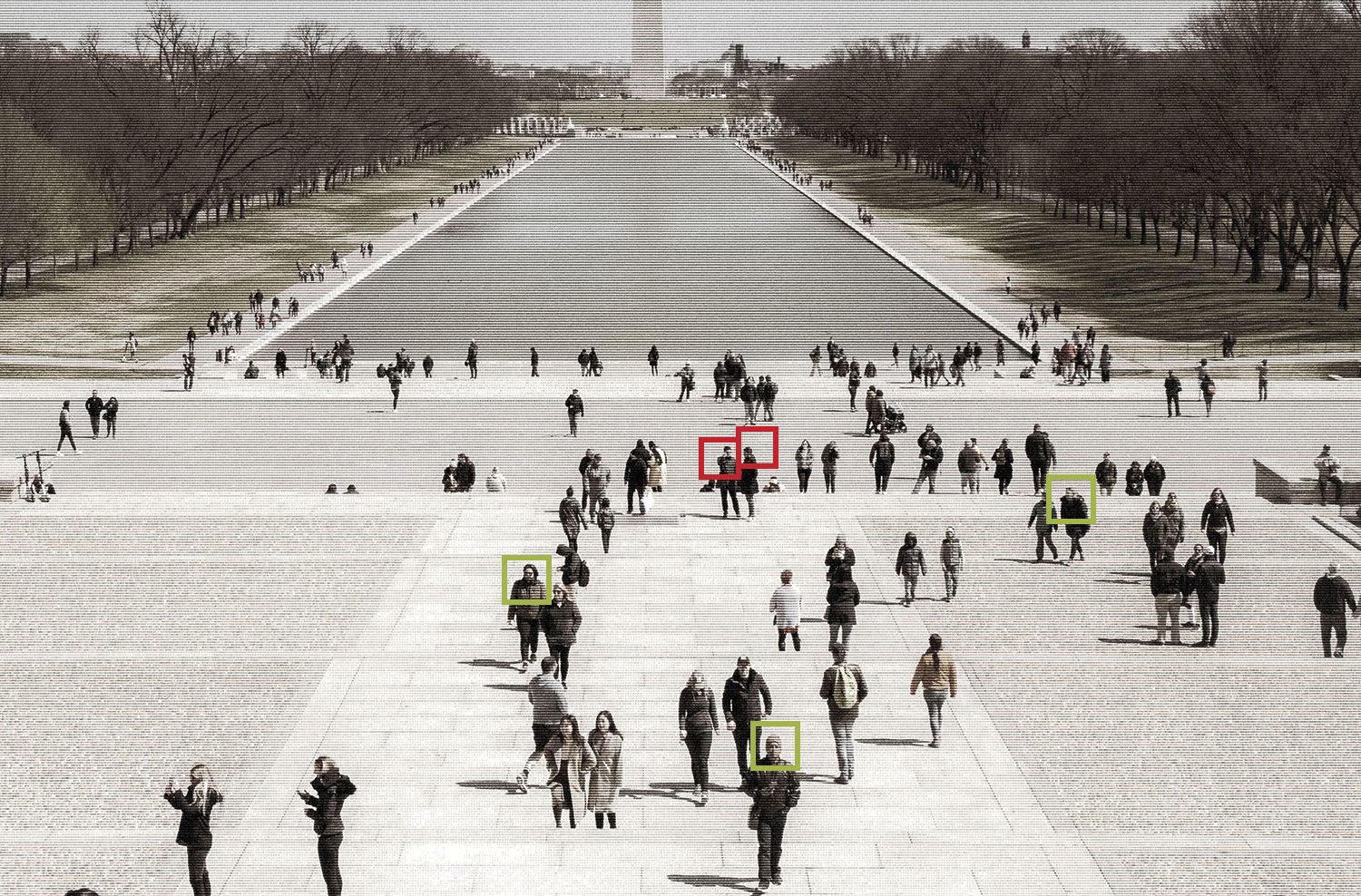The Senate Intelligence Committee and the White House have reached an agreement that will give committee members access to all Justice Department legal memorandums on targeted killings of US citizens. One staff member for each senator will also, for the first time, get to see those memos. Until now, only the senators had access, and only to two memos. With the deal in place, the committee will move forward today, in closed session, with a vote on the nomination of John Brennan to be the next director of the CIA. (Update: The panel moments ago approved Brennan by a 12-3 vote.)
The senators have won the latest battle in the fight for transparency of intelligence operations, and the outcome was predictable. Brennan is the maestro of the administration’s targeted killing regime, and he faced an easy path to confirmation if not for the the vociferous objections of some members, who demanded to know why the President thinks he can order the death of an American citizen. Now, the White House will tell them.
The intelligence committee’s victory was partial; the White House still won’t release other memos about the targeted killings of terrorists who aren’t Americans. (Presumably that suits some members just fine.) But does this significant turn of events herald a more aggressive embrace of oversight by the members of the committee, which was established in the mid-1970s to investigate covert and illegal operations by the CIA?
As of the moment, we might hazard a cautionary “yes.”
Many intelligence authorities and historians agree that for the past two decades, the level of oversight and watchdogging by the Senate and its House counterpart has vacillated between anemic and non-existent. “The Senate of the United States and the House of the United States is not doing its job. And because you’re not doing the job, the country is not as safe as it ought to be,” former Rep. Lee Hamilton, a co-chair of the 9/11 Commission, scolded lawmakers in 2007.
Between 1991 and 2001, the year of the 9/11 attacks, a dozen different bipartisan reports about reforming the intelligence community all proposed starting in the same place: Congress. Since their heyday, the intelligence committees have conducted fewer meaningful investigations of major intelligence programs and controversies, and they have often been distracted by partisan bickering and political sideshows. That made it easier for the CIA to get away with doing more outside the committees’ preview, and with telling members less about it.
Was there ever a halcyon period of bipartisanship and transparency on the oversight committees? Yes, say intelligence historians, in the first few years after the committees were established. Emboldened by outrageous scandals, members embraced their role as watchdogs, and they believed the CIA should be held accountable, through them, to the American public.
“The original focus was really on protecting the rights of Americans. It was on ensuring that intelligence activities were carried out in accordance with laws, regulations, and treaty obligations,” Britt Snider, who served as counsel for the Church Committee in 1975 and 1976 and helped draft the Senate resolution that created that chamber’s oversight panel, told me in an interview in 2009, when the committees were feuding with the CIA over its interrogation regime.
The post-Church period saw a far more engaged oversight by members han the one described in an exchange between Sen. John Stennis, who in 1973 chaired the Armed Services Committee, and James Sclesinger, then the CIA Director. Scheslinger wanted to brief the chairman on an upcoming operation. Stennis replied, “Just go ahead and do it, but I don’t want to know!”
The CIA was not consistently forthcoming about its work in the shadows–Director Bill Casey and Reagan White House officials deliberately hid details of the Iran-Contra affair from lawmakers. But lawmakers were brought in on some of the agency’s most sensitive and politically risky missions. And the overseers blessed them, if only with their silence.
On March 8, 1984, Casey testified before the Senate committee that the CIA had put mines in Nicaraguan harbors. He told the House committee the same thing five days later. At the time, no one objected, verbally or otherwise. Indeed, for years the committees had been holding closed-door meetings on the CIA’s campaign to undermine Nicaragua’s leftist Sandinista government.
But the lawmakers weren’t always paying attention. About six weeks after Casey testified about mining operations in Nicaragua, the details showed up in the press. Angry Senators hauled Casey back before their committee and interrogated him over what the CIA was up to in Latin America. They questioned whether the CIA’s mining constituted an act of war under international law.
Jake Garn, a Republican from Utah and a staunch defender of the agency, was incensed that his colleagues would wash their hands of a mission they had implicitly condoned, now that it had become public He lept to Casey’s defense and declared, “”You’re all assholes! The whole Congress is full of assholes! All 535 members are assholes!”
Today, intelligence overseers find themselves back on this tricky ground. The more they learn about the legal rationale for targeted killings, the greater the pressure on the them either to try to stop it it or to go along. No doubt the administration will exert strict controls over what lawmakers can say publicly about what they read.
The deal over targeted killing won’t completely satisfy members who would like to turn the committee back into a stronger check on executive authority. Nor is it a guarantee of public transparency; this is the same body, after all, that refuses to declassify a 6,000-page report about the CIA’s use of brutal interrogations and is investigating filmmakers about how much access they were given to classified information. But the Senate committee is flexing its muscle, more strongly than in recent years and with a clearer purpose.









